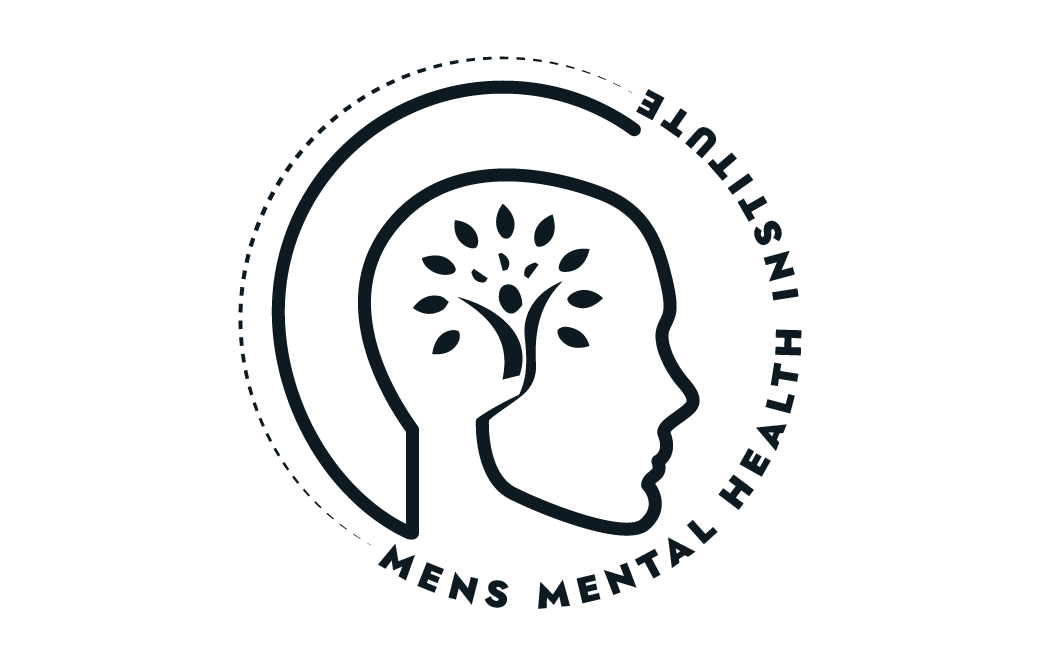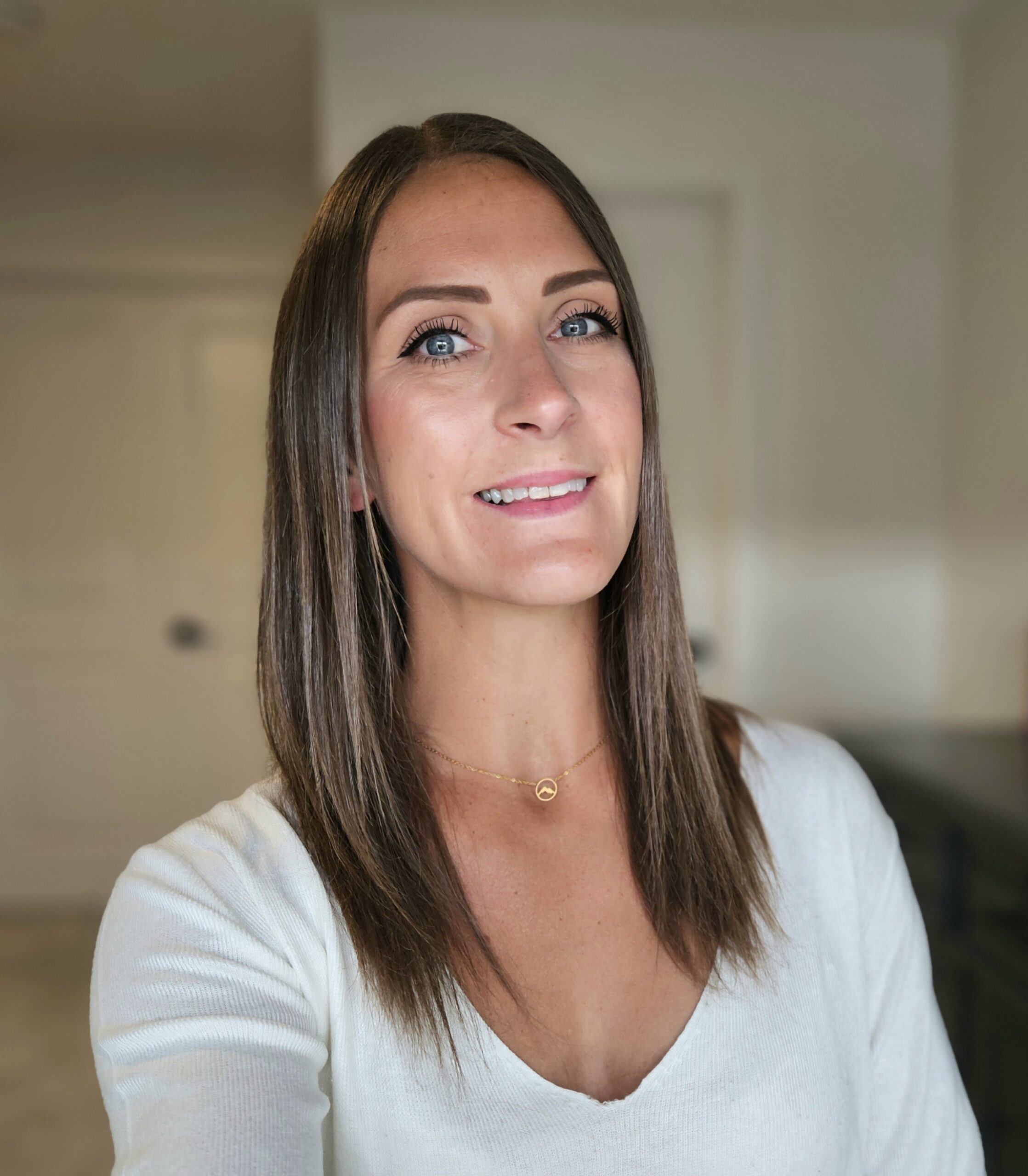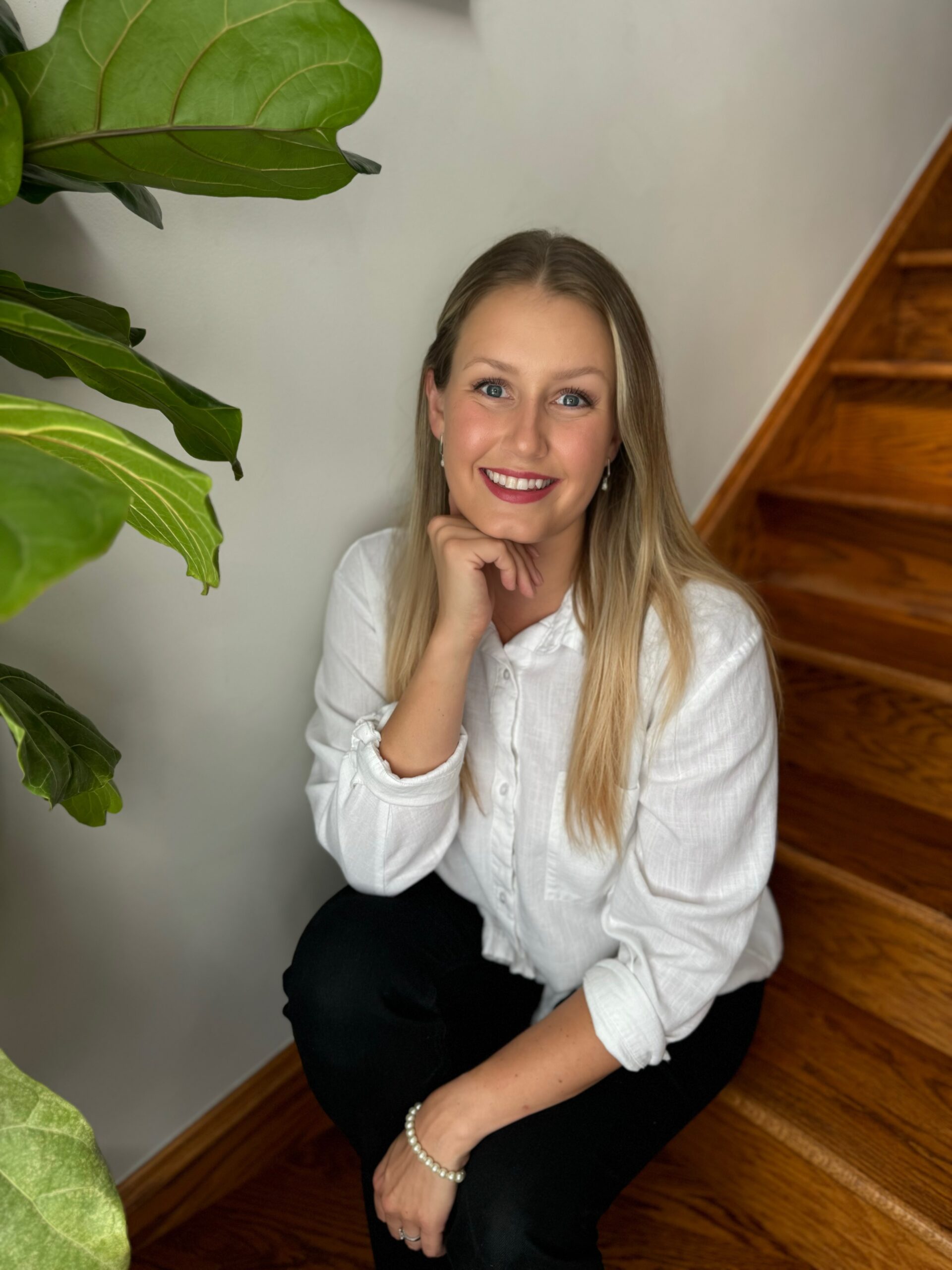The Pain of Past Relationships and the Desire for Connection
It’s common for men who’ve been hurt in past relationships to carry wounds that make opening up to love again feel risky or impossible. You might think, “I’ve been burned before, how can I trust or let myself be vulnerable again?”
From a neuroscience perspective, emotional pain from past rejection or betrayal can create heightened sensitivity in the brain’s threat and pain centers. This leads to protective patterns like emotional withdrawal, distrust, or hypervigilance.
Evolutionary psychology highlights that humans are wired for connection, but also for self-preservation. After painful experiences, your brain prioritizes safety, which can make new relationships feel like threats instead of opportunities.
Social psychology points out that past relational trauma often shapes expectations and behaviors in new relationships. Negative cycles can develop, including fear of abandonment, jealousy, or difficulty trusting.
The mental health system sometimes pushes quick fixes, medications or surface-level therapy, that don’t address deep emotional healing or relational skills, leaving men stuck in painful patterns.
Therapeutic Strategies to Heal and Open Up to Love Again
Attachment-Based Therapy
Works on healing early and recent relational wounds to build secure, trusting connections.
Cognitive Behavioral Therapy (CBT)
Helps identify and reframe negative beliefs about love, trust, and self-worth.
Emotionally Focused Therapy (EFT)
Facilitates experiencing and expressing vulnerable emotions in a safe therapeutic relationship.
Mindfulness and Somatic Therapies
Teach awareness and regulation of emotional and physical responses tied to past trauma.
What You Can Hope to Gain by Healing Past Wounds
Mentally, you gain resilience, emotional balance, and a more hopeful outlook.
In love, you open space for genuine intimacy, trust, and connection.
Socially, you rebuild confidence in relating authentically to others.
Financially and professionally, emotional healing supports focus, creativity, and growth.
Being burned doesn’t mean you have to give up on love. With the right therapeutic support grounded in brain science and relational psychology, you can heal, grow, and open your heart again, stronger and wiser.








